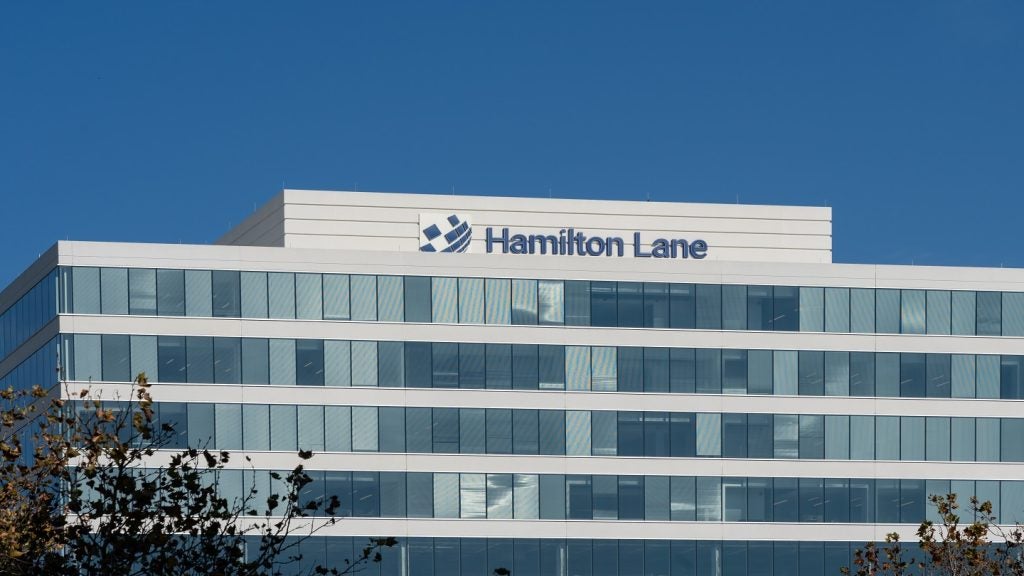
ABN Amro private banking unit has recorded a solid performance in Q3 2020 driven by stock market recovery.
However, the group faltered with a 46% slump in net profit though still surpassing analyst forecast with lower impairments.
Private banking growth drivers
The division’s profit for the three months to September 2020 was €227m, versus €44m in the prior year and €19m in the previous quarter.
Operating income stood at €556m in Q3 2020, an 88% jump from €295m in the previous year.
Net fee and commission income rose to €123m in Q3 2020 from €119m in the previous quarter, driven by higher asset management fees.
Net interest income was €163m in Q3 2020, slightly up compared to €162m a year ago but down from €167m in Q2 2020.
AML activities in Belgium result in a 4% year-on-year rise in operating expenses to €231m.
Total client assets grew to €180.8bn in Q3 2020 from €177bn in Q2 2020. The bank attributed the growth to increase in securities as a result of positive stock market developments. However, the figure was still lower than €195.3bn in Q3 2019.
Net new assets were €1.2bn in Q3 2020, driven by custody inflow in the Netherlands.
Group metrics
The group’s profit for the three-month-period ending 30 September 2020 was €301m, versus €558m in the same quarter of 2019 and a net loss of €5m in Q2 2020.
Operating income rose 5% to €2.21bn from €2.1bn. Operating expenses dropped 9% year on-year to €1.25bn.
Impairments on bad loans linked to Covid-19 were €270m in Q3 2020, lower than €703m in the previous quarter but still higher than €112m in Q3 2019.
The group’s CET1 ratio, a key measure of strength, was 17.2% at the end of September 2020, compared with 18.2% a year ago. The ratio was 17.3% at the end of June 2020.
ABN Amro CEO Robert Swaak said: “This result was supported by a book gain on the sale of our Paris office building, partly offset by provisions for the wind-down of the CIB non-core portfolio. Net interest income continues to be impacted by pressure on deposit margins as well as lower corporate loan volumes as we reduced the CIB non-core portfolio by some EUR 3.7 billion.
“We remain on track to achieve a cost level of around EUR 5.1 billion for 2020, excluding restructuring provisions for the CIB review. While impairments were lower than in prior quarters, we remain cautious and full-year impairments are expected to be below our Q2 guidance of EUR 3 billion, closer to the Q1 guidance of EUR 2.5 billion.”







